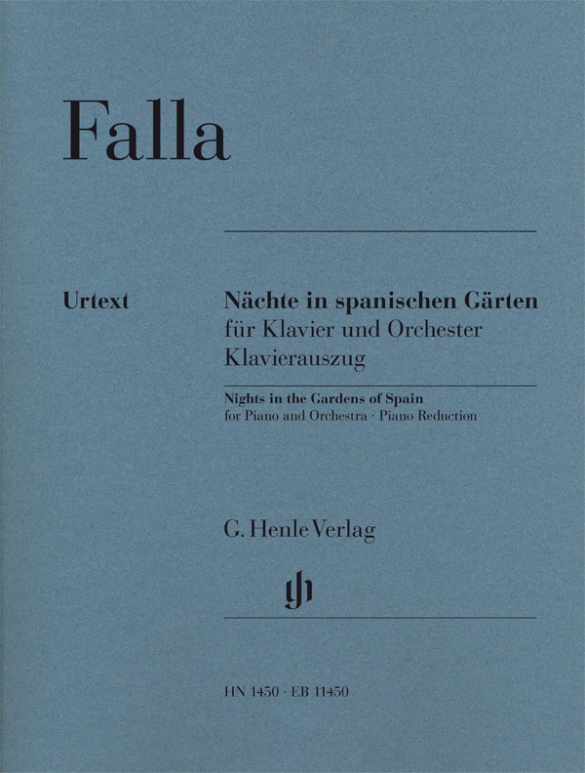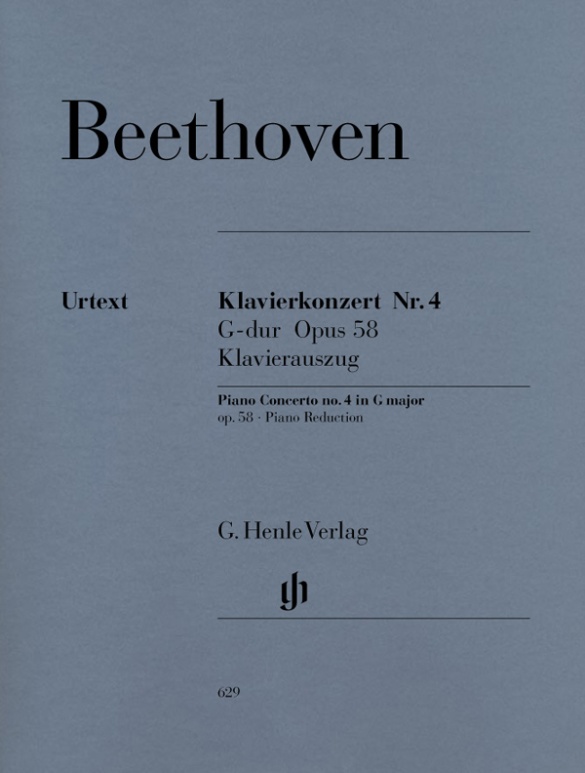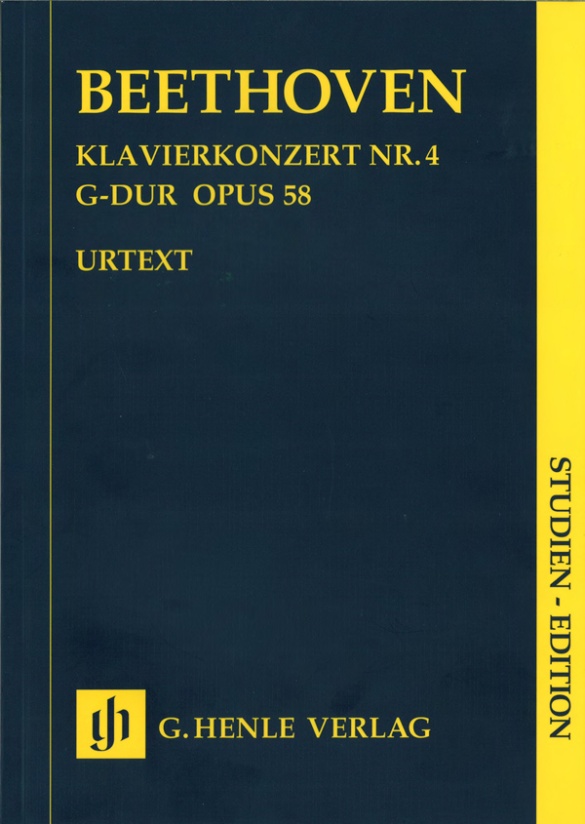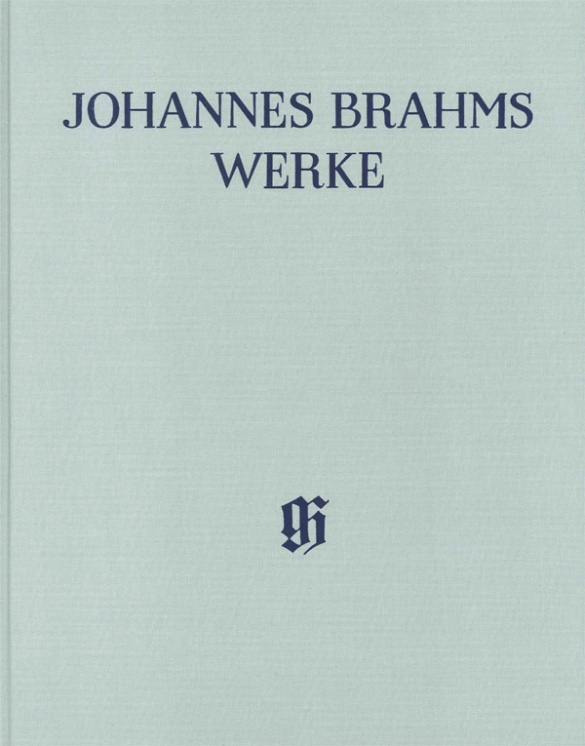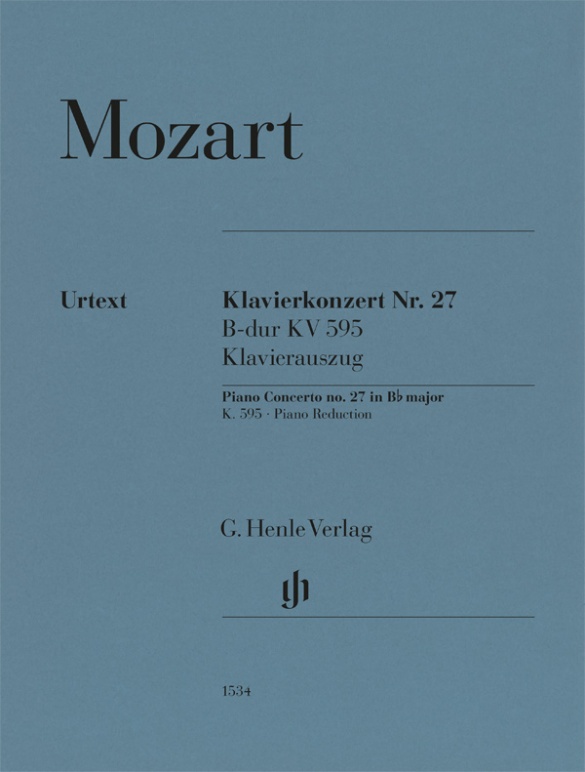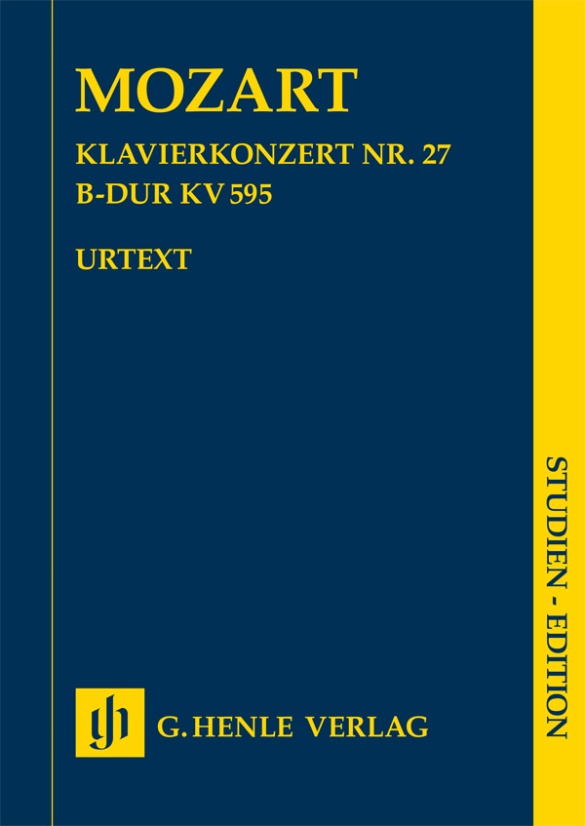Manuel de Falla
Nights in the Gardens of Spain for Piano and Orchestra
The seven years that the Spanish composer Falla spent in Paris (from 1907 to 1914) marked a turning point in his compositions. His encounter with contemporary, French Impressionist music made a big impact on him. From then on it was to leave its mark on his oeuvre, which was otherwise inspired by Spanish folk music. It was thanks to the advice of the pianist Ricardo Viñes and the composer Isaac Albéniz that Falla decided to expand his “Nocturnes” for solo piano of 1909 into a three-part symphonic suite for piano and orchestra. He finally completed it in 1915, and named it “Noches en los jardines de España” (“Nights in the gardens of Spain”). Yuja Wang kindly provided fingerings for the solo piano part of de Falla’s enchanting musical evocation of his Andalusian homeland.
内容/詳細
(解説)
作曲家について
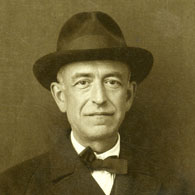
Manuel de Falla
Spain’s most important composer of the twentieth century; he absorbed prevailing trends from the Parisian avant-garde and combined them with nationalist Spanish ideas.
| 1876 | Born in Cádiz on November 23, the son of a businessman. |
| 1896–99 | Piano studies at the conservatory in Madrid; from 1902–1904, private lessons with Spanish nationalist Felipe Pedrell. |
| 1906–08 | “4 Piezas españolas” for piano. |
| 1906 | With his opera “La vida breve,” Falla wins a competition to promote Spanish nationalist operas. |
| 1907 | Relocation to Paris, acquaintance with Dukas, Debussy, Ravel, Albéniz. He is introduced to the circle of the “Apaches,” to which Ravel, among others, belongs. |
| 1909 | Songs “Tres melodías” after Théophile Gautier. |
| 1909–15 | “Noches en los jardines de España” (“Nights in the Garden of Spain”) for piano and orchestra, including Andalusian folklore elements. |
| 1913 | Premiere in Nice of “La vida breve.” |
| 1914 | Return to Madrid upon the outbreak of the world war. “Las Siete cancíones populares españolas” after texts of old Spanish songs. |
| 1915 | Premiere of the ballet “El amor brujo.” |
| 1919 | Breakthrough with the premiere in London of the ballet “El sombrero de tres picos” (“The Three-Cornered Hat”). |
| 1920 | “Homenaje: pièce de guitare écrite pour ‘Le Tombeau de Claude Debussy’” (“Homage: Guitar Piece Written for ‘Le Tombeau de Claude Debussy’”). He moves to Granada; there he explores flamenco and popular puppet theater with Federico García Lorca. |
| 1923 | Premiere in Paris of the puppet opera “El retablo de maese Pedro” (“Master Pedro’s Puppet Show”) after an episode in Don Quixote. |
| 1923–26 | Concerto for harpsichord and five instruments. |
| 1927–46 | Composition of the scenic cantata “Atlántida”: a monumental work completed by his student Ernesto Halffter and premiered posthumously in Barcelona in 1961 (in concert version) and in Milan in 1962. |
| 1939 | Relocation to Argentina. |
| 1946 | Death in Alta Gracia (Argentina) on November 14. |
校訂者や運指担当者について
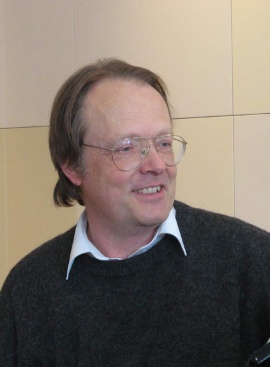
Johannes Umbreit (ピアノ・スコア)
Prof. Johannes Umbreit studied the piano at the Musikhochschule in Munich. From 1987 onwards he was a regular accompanist at courses given by Wolfgang Schneiderhan, Thomas Brandis, Ljerko Spiller, Igor Ozim, Olga Woitowa, Ernő Sebestyén, Walter Nothas, F. Andrejevsky, Denis Zsigmondy and Zakhar Bron amongst others. He has appeared in numerous radio and TV broadcasts and plays chamber music with members of the Bavarian State Orchestra, the Munich Philharmonic Orchestra and the Bavarian Radio Symphony Orchestra.
He is on the jury of different international competitions and has been invited to several international music festivals. Umbreit was a teacher for almost ten years at the Musikhochschule in Munich and at the same time a lecturer for chamber music and piano accompaniment at the Richard Strauss Conservatory. Since 2008 he has been a lecturer at the Hochschule für Musik und Theater München. As the long-serving managing director of the Richard-Strauss-Gesellschaft, he was made an honorary member of the board in 2009. In May 2011, the Bavarian Minister of Culture appointed Johannes Umbreit an honorary professor of the Hochschule für Musik und Theater München on the suggestion of its academic senate.
製品安全に関する情報

G. Henle Verlag
製品の製造元に関する情報はこちらでご覧いただけます。G. Henle Verlag
Forstenrieder Allee 122
81476 München
info@henle.de
www.henle.com
おすすめ
autogenerated_cross_selling
このタイトルを含む他の版


